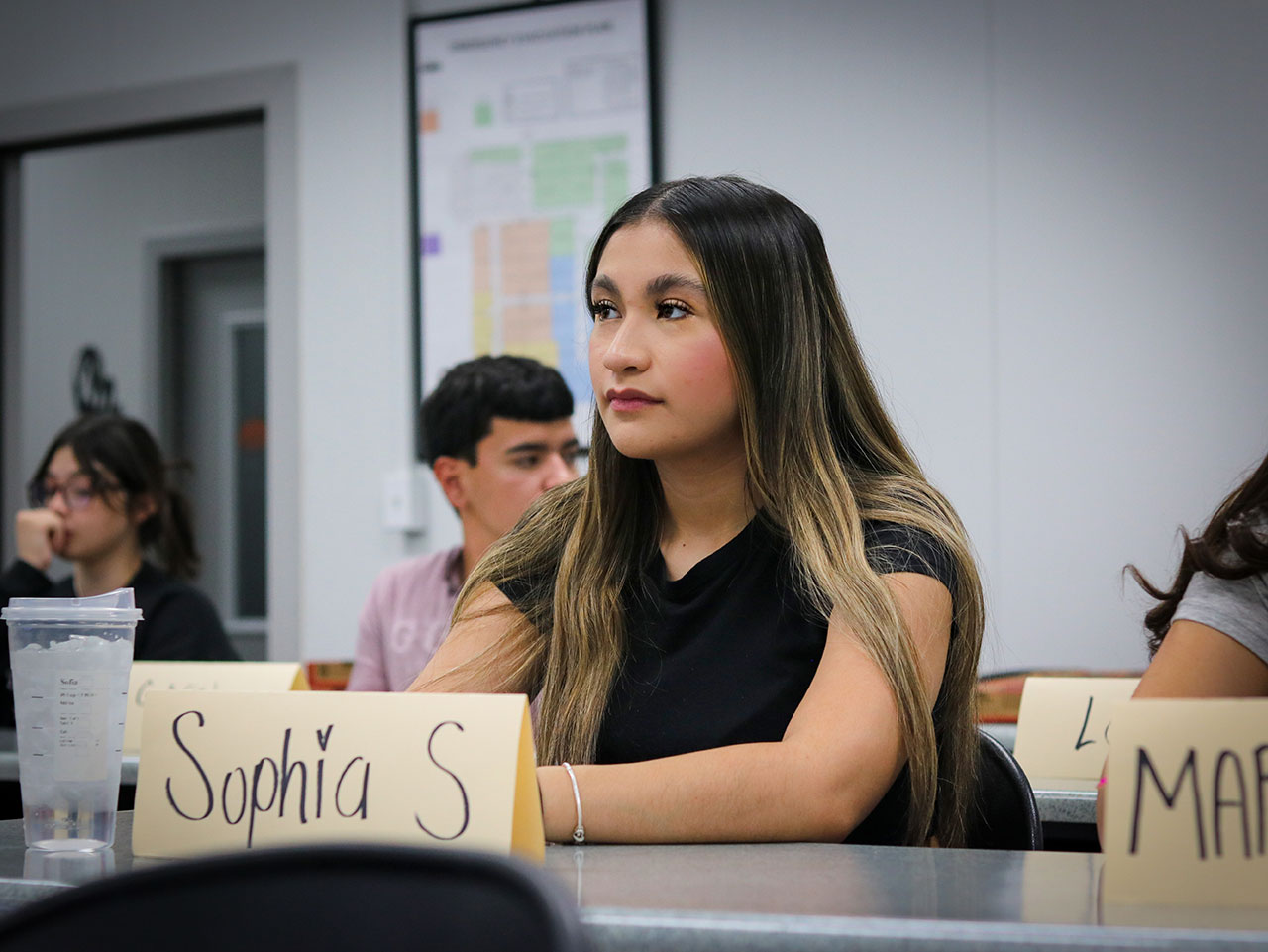Essential Skills for Lifelong Success
Higher education not only shapes individual lives but also contributes to broader societal benefits. By understanding the advantages of higher education, you can make informed decisions about your educational path and its impact on both your personal and professional life.
More Job Opportunities and Higher Earning Potential
Statistical evidence highlights that degree holders have access to a wider range of job opportunities compared to those without higher education. For instance, according to the Bureau of Labor Statistics, the unemployment rate for individuals with a bachelor’s degree was 2.2% in 2021, significantly lower than the 5.4% unemployment rate for those with only a high school diploma.
A college degree can lead to higher salaries and increased job stability over time:
Higher Earning Potential
On average, individuals with a bachelor’s degree earn about 66% more than their peers with only a high school diploma.
Job Security
Degree holders are less likely to experience job displacement during economic downturns. Employers value their specialized skills and expertise.
Career Advancement
Higher education often opens doors to managerial and executive positions that offer not only better pay but also greater job satisfaction.
Investing in higher education enhances your employability and earning potential, setting you on a path toward long-term career success.
Personal Development through Higher Education
In essence, higher education provides you with a well-rounded skill set that goes beyond academic knowledge. This combination of cognitive and communication abilities prepares you for various challenges in both personal and professional spheres:
Critical Thinking and Problem-Solving Skills
In higher education, you’ll often need to think analytically and apply complex ideas to real-life situations. Courses such as Philosophy or Logic will enhance your ability to assess arguments critically. Science and engineering programs frequently use problem-based learning, where you address practical challenges using theoretical understanding. These experiences will strengthen your cognitive abilities, allowing you to tackle problems methodically and think creatively.
Effective Communication Skills
Another crucial skill that higher education hones is communication. Many degree programs involve presentations, group projects, and written assignments. Courses in the humanities, such as English Literature or Communication Studies, emphasize clear expression and persuasive writing. Engaging in debates or participating in student organizations will also improve your public speaking skills, equipping you to articulate ideas effectively and confidently in professional environments.
Holistic Personal Development
College life promotes overall personal growth. Being part of student government or leading a club helps you cultivate leadership qualities. Balancing coursework with extracurricular activities teaches you how to manage time efficiently. Group projects foster teamwork and collaboration skills as you work with diverse individuals towards a shared objective.
Pursuit of Passions in Desired Field
Higher education offers a unique platform for you to delve into your interests and pursue career pathways aligned with your passions. By choosing specific majors or elective courses, you can tailor your educational journey to match your personal and professional aspirations.
Exploring Interests
Colleges offer a wide range of diverse courses that allow you to explore various subjects before committing to a specific field. In addition, many institutions provide specialized programs that cater to niche interests, ensuring you receive in-depth knowledge in your chosen area.
Real-World Relevance.
Internships and Co-op program opportunities enable you to apply theoretical knowledge in real-world settings, providing practical hands-on experience. Engaging in research projects under the guidance of experienced faculty members helps you develop critical thinking and problem-solving skills essential for your desired field.
Career Pathways.
Understanding different career opportunities becomes easier with higher education. Career services departments often assist with job placements, resume building, and interview preparation, bridging the gap between academic learning and professional employment. Engaging deeply with subjects that excite you not only makes learning enjoyable but also lays a strong foundation for a fulfilling career.
Social Experiences & Networking
Building relationships and networking during your college experience is crucial for future professional success. Engaging in college activities provides numerous opportunities to meet like-minded individuals, professors, and industry professionals who can become valuable contacts throughout your career. College events, clubs, and organizations offer platforms to connect with peers and mentors. These networks often lead to internships, job opportunities, and collaborative projects.
Many students form lasting friendships through shared educational experiences. These bonds often extend beyond college years, offering support both personally and professionally. Investing in future success by obtaining a higher education can transform both personal and professional realms, leading to a more fulfilling and prosperous life.
Start Your Lifelong Success By Talking To An Advisor
Meet with an advisor for help with enrolling or choosing a career path. We are here for you every step of the way.

